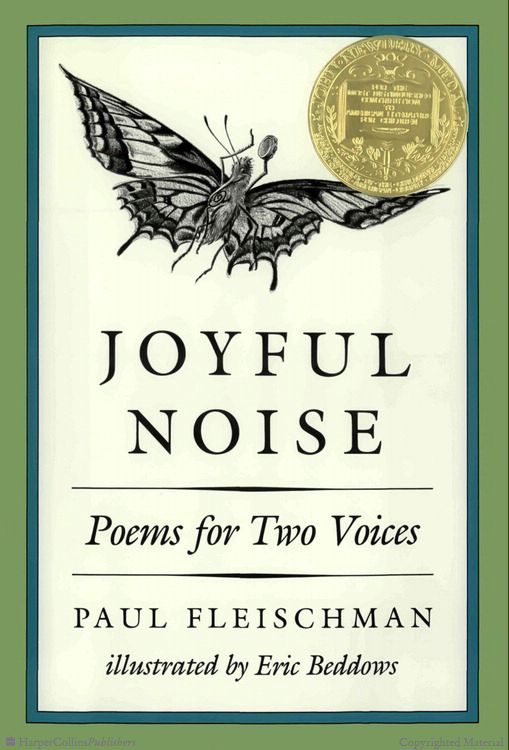I'm so Frankweilerely Mixed Up!
From the Mixed-Up Files of Mrs. Basil E. Frankweiler by EL Koningsburg. Aladdin, 1967.
The story of a girl (and her brother) running away to find herself. The plot is not as tidy as Because of Winn Dixie, which was wonderful. The story is told in Mrs. BEF’s voice and her telling, so smooth and easy, is the perfect way to get inside both children’s heads and facilitates perfectly this mystery set-up. And since Mrs. BEF is an adult, every detail is believable. Also her sharp (sardonic?) voice, which is similar to Claudia’s, perhaps provides early foreshadowing, a mirroring of theme. Some other thoughts:
- I loved the theme of finding oneself.
- The mother in me was tormented by the thought of children missing for a full week, and the letter that never made it home? Why not? This is never answered.
- It all comes together (minus the letter) for an emotionally and logically satisfying solution.
- It strikes me that the story is ahead of its time for the 1960s and is oddly timeless despite the solid setting. It reminded me, too, quite a lot of The Westing Game (which is a unique and fascinating puzzle book for the same reading level).












In honor of a very special day, I thought I'd revive this old post about a book I found, um, intriguing, with some interesting asides...